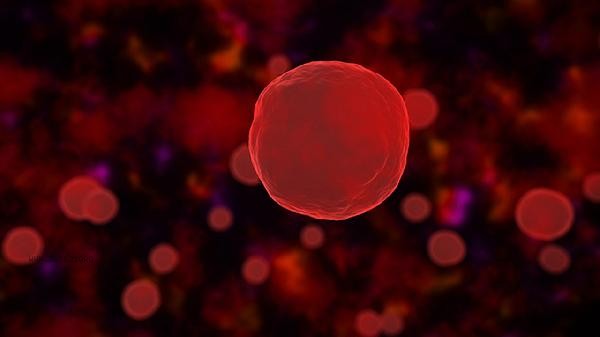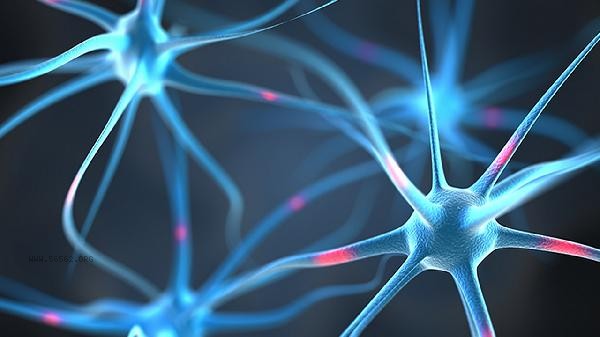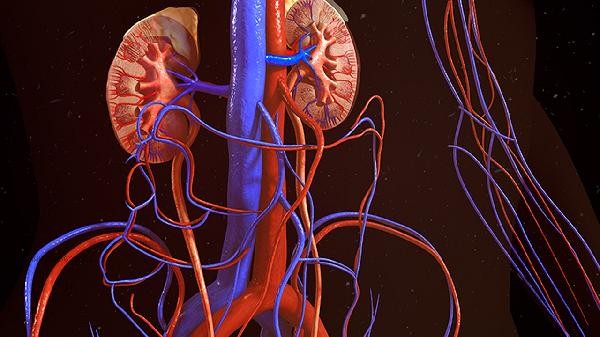A high proportion of eosinophils may be caused by allergic reactions, chronic inflammation, myeloproliferative diseases, endocrine disorders, parasitic infections, and other reasons. Intervention can be achieved through anti allergic therapy, inflammation control, targeted drugs, hormone regulation, deworming therapy, and other methods.

1. Allergic reactions
Exposure to allergens such as pollen, dust mites, or eating seafood may stimulate basophils to release histamine, leading to an increase in the ratio. The patient may experience symptoms such as skin itching and urticaria. Antihistamines such as loratadine tablets and cetirizine hydrochloride tablets can be used according to medical advice, or topical mometasone furoate cream can be used to alleviate symptoms. Daily exposure to known allergens should be avoided.
2. Chronic inflammation
Long term inflammatory states such as gastritis and arthritis can activate the immune system and promote the participation of eosinophils in inflammation regulation. These patients often have symptoms such as joint swelling and pain, and hidden stomach pain. Suggest improving C-reactive protein testing, following medical advice to use anti-inflammatory drugs such as diclofenac sodium sustained-release tablets and celecoxib capsules, and combining them with hot compress therapy.
3. Bone marrow proliferative diseases
such as polycythemia vera and bone marrow fibrosis may lead to abnormal proliferation of eosinophils. The patient may experience symptoms such as dizziness and splenomegaly. Diagnosis needs to be confirmed through bone marrow puncture, and doctors may recommend the use of targeted drugs such as hydroxyurea tablets and Luketinib tablets to control disease progression.

4. Endocrine disorders
hypothyroidism or abnormal estrogen levels may affect eosinophil differentiation. These patients are prone to symptoms such as fatigue and menstrual disorders. Thyroid hormone levels need to be checked, and replacement therapy with levothyroxine sodium tablets or estradiol valerate tablets should be used according to medical advice. Hormone levels should be regularly rechecked.
5. Parasitic infections
Intestinal parasitic infections such as roundworms and hookworms can stimulate eosinophils to participate in immune defense. The patient may experience symptoms such as abdominal pain and anal itching. Fecal testing can identify the pathogen, and doctors may prescribe deworming drugs such as albendazole tablets and metronidazole tablets. After treatment, the eosinophil ratio needs to be rechecked. When the eosinophil ratio is found to be high, it is recommended to avoid consuming spicy and stimulating foods and maintain sufficient sleep. Mild elevation can be followed up with a blood routine examination 1-3 months later. If there are persistent abnormalities or obvious symptoms, timely medical attention should be sought from a hematology or immunology department. Daily attention should be paid to recording changes in symptoms and avoiding self medication or health supplements that may affect test results.









Comments (0)
Leave a Comment
No comments yet
Be the first to share your thoughts!